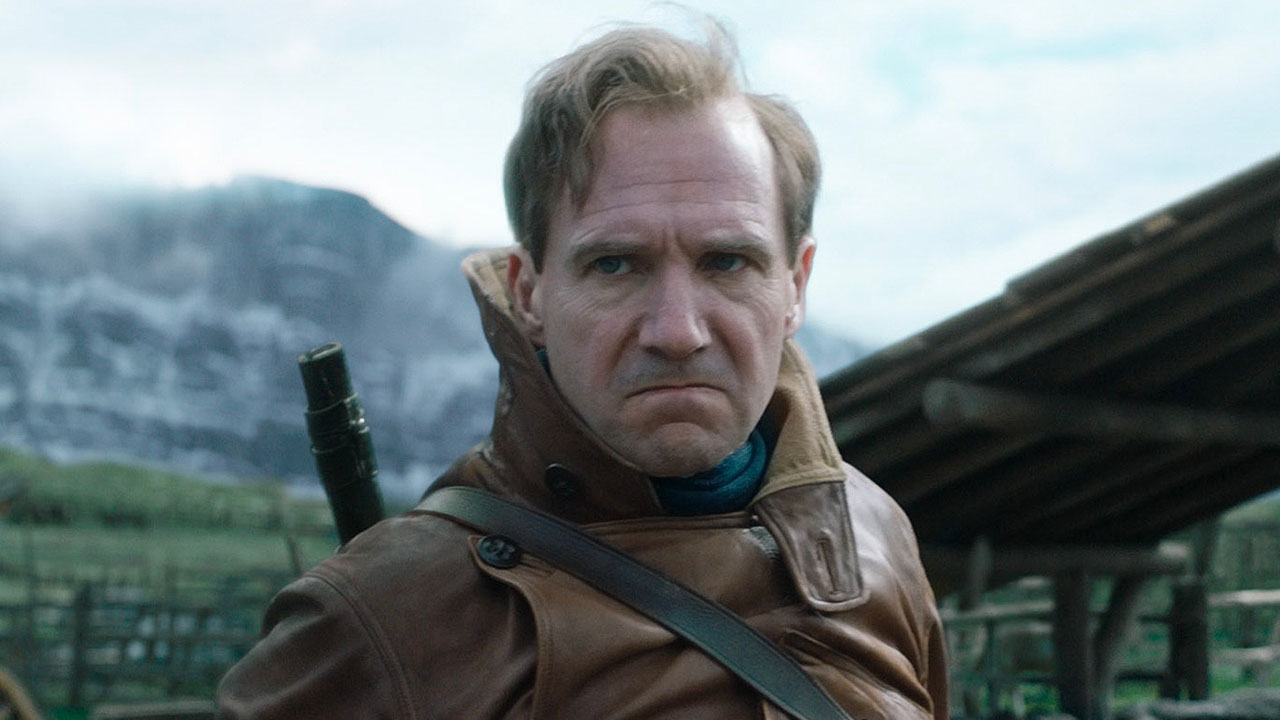Juggling silliness and tragic true history, The King’s Man finds itself in no man’s land

Matthew Vaughn explores the origins of the Kingsman organisation in prequel The King’s Man. Its varied tones range from serious to much less so, writes Steve Newall, sometimes struggling to co-exist in the same film.
The King's Man
Matthew Vaughn seems determined to accelerate the Kingsman spy comedy franchise at a rate that would make even Marvel blush. After Kingsman: The Secret Service arrived with a smirk and mixed reviews in 2015 (well, we had a blast), 2017’s Kingsman: The Golden Circle displayed the sort of bloat you don’t usually expect to see until a few more increasingly fatigued films had arrived.
Now, just two films in, comes a prequel that feels unasked for (if you’re nodding in agreement, consider that there are also several other features and a TV series apparently in the works).
Opening at a British Army concentration camp during the Boer War, seeing the British mistreating civilians in a way that would become horribly familiar through the 20th century, is a pretty atypical way to open a would-be blockbuster, it’s fair to say. But this unconventional start quickly establishes one of the varied tones (some serious, most much less so—sometimes struggling to co-exist in the same film) encountered throughout The King’s Man.
Where the previous Kingsman films lobbed a full cocktail shaker at the British class divide, putting contemporary chav culture on a collision course with a James Bond-alike and stuffy tradition, The King’s Man operates almost exclusively in an aristocratic world. Largely absent culture clash comedy elements, it’s mostly content to follow Ralph Fiennes’ Orlando (aka the Duke of Oxford) and his son Conrad (Harris Dickinson) as the events leading to The Great War are set in motion.
While no laughs are to be found in the aforementioned concentration camp, or the assassination of Archduke Franz Ferdinand (also seen here), the bawdy comedy of the preceding Kingsman films isn’t totally absent, mostly thanks to Rhys Ifans’ OTT turn as mad monk Grigori Rasputin—enjoying himself while chewing scenery, licking legs, etc.
Vaughn’s knack for staging action continues unabated, with a scrap between Rasputin and a trio of heroes offering some entertaining close-quarter combat. Elsewhere, his depiction of World War I trench warfare—seen through the eyes of Conrad, enlisting against his father’s wishes—is appropriately grim, with its tragic pointlessness well-illustrated. Unfortunately, attempting to oscillate between crowd-pleasing entertainment and sobering reality doesn’t prove all that successful, and at times robs real tragedy of its deserved gravitas.
There is enjoyment to be had in seeing fifty-something Fiennes engaging in stiff upper lip snark and occasional derring-do, even if the actor’s superb range never approaches being fully employed. Elsewhere, Gemma Arterton, Djimon Hounsou, and Aaron Taylor-Johnson do their utmost in minimal roles—and, in a neat directorial decision, Tom Hollander delivers a trio of performances as the three cousins (King George/Percival, Kaiser Wilhelm, and Tsar Nicholas) propelling the world into war.
This is where the Kingsman class divide is seen most clearly. The early twentieth century was the privileged ‘them’ versus the rest of ‘us’—a handful of people playing with the lives of millions. Vaughn hardly needs to invent a nefarious villain, as he does here, to make this point. Indeed, the film’s conventional Bond-style mastermind baddie may actually undermine it.
By the time a nice-enough-looking climactic set piece has been and gone, any sense of seriousness is long forgotten: the real-life tragedies Vaughn has examined and depicted relegated to the backdrop of a merely OK film, one that answers questions few were asking, and which might not even satisfy a Kingsman fan hungry for more of what they’ve enjoyed previously.




















